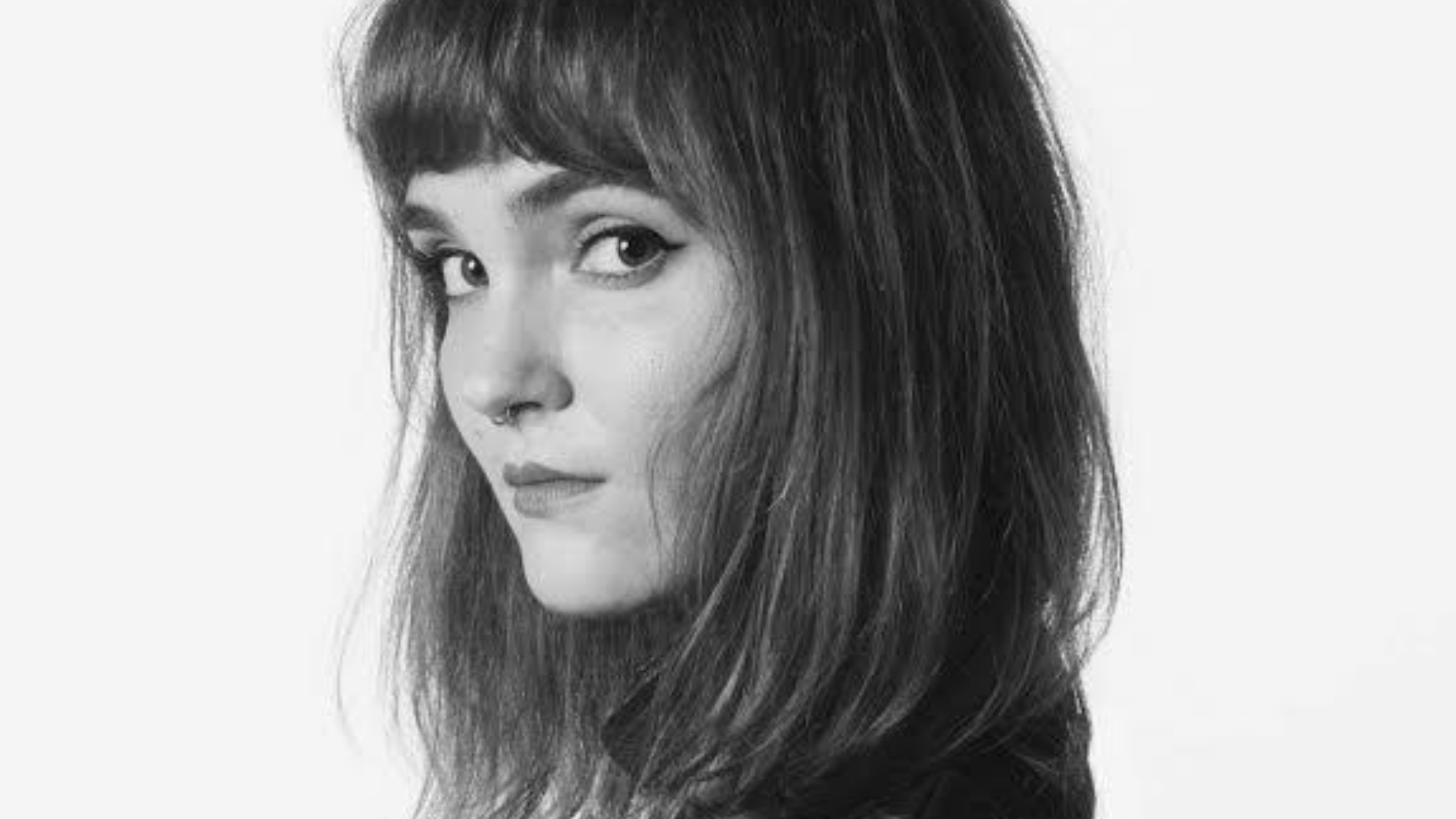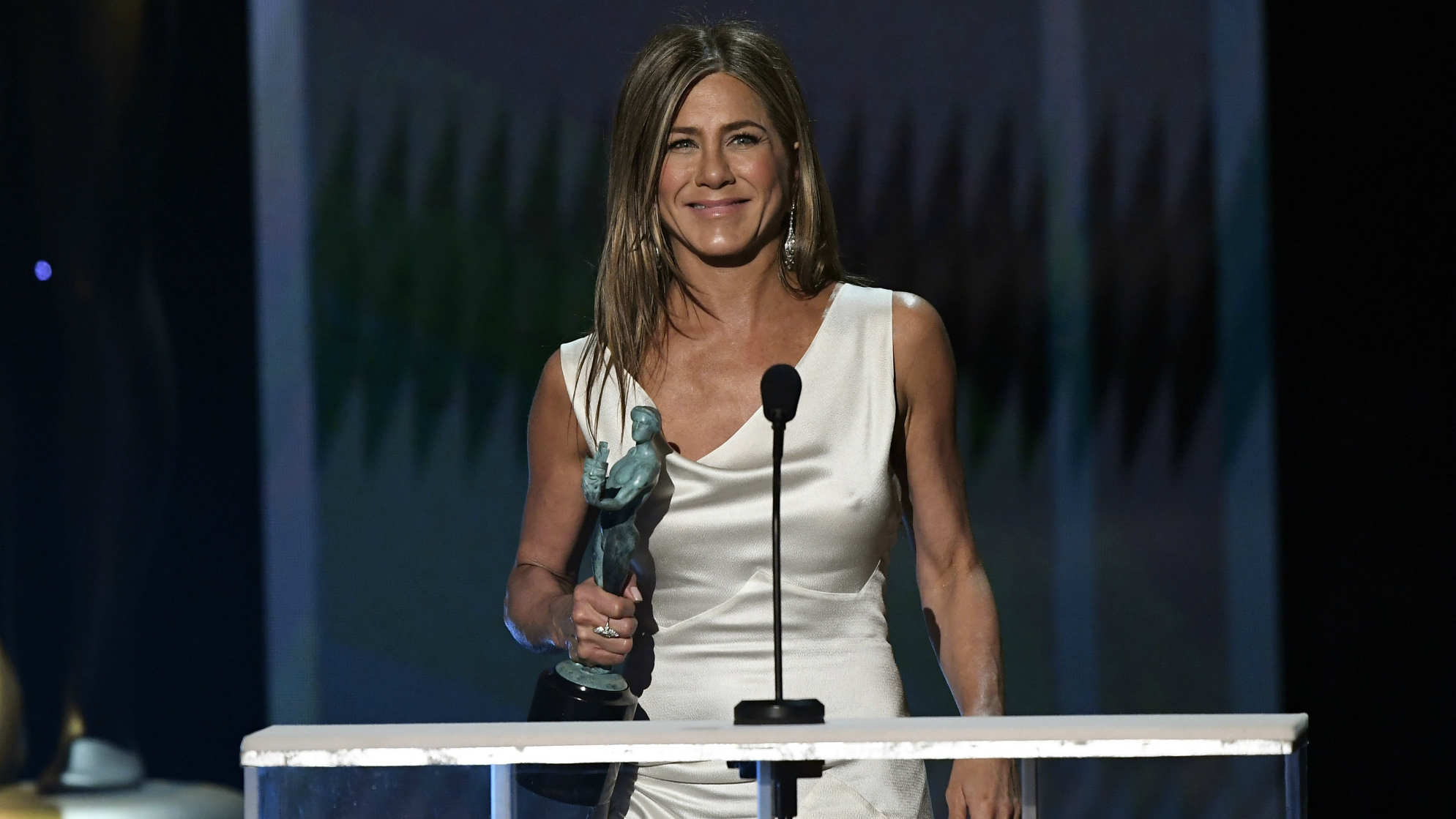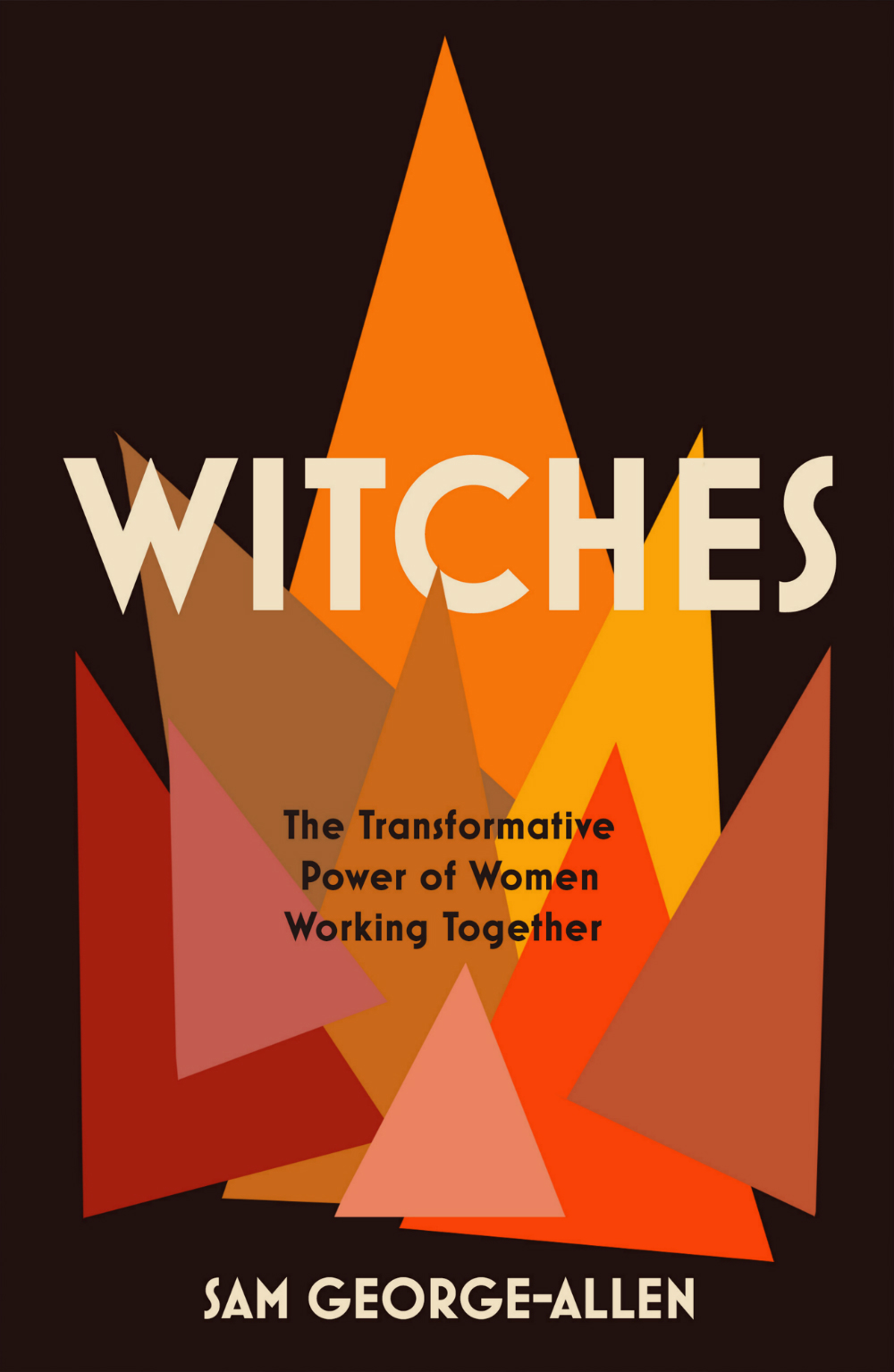Inconceivable: in defence of childfree women like me
Author Sam George-Allen is feeling singled out. She's about to turn 30, pays no attention to her biological clock and has had it with society telling her motherhood is the defining feature of womanhood


Celebrity news, beauty, fashion advice, and fascinating features, delivered straight to your inbox!
You are now subscribed
Your newsletter sign-up was successful
Author Sam George-Allen is feeling singled out. She's about to turn 30, pays no attention to her biological clock and has had it with society telling her motherhood is the defining feature of womanhood
I’m about to turn thirty, and I still don’t want children. As I near the stage of life at which mainstream culture would have me believe the ticking of my biological clock is supposed to become so loud as to drive me insane (and then to the fertility clinic), all I feel is a profound relief that I’ve made it this far without giving in to the absurd pressure placed on young women to have a baby.
It’s not often that one encounters a childless woman depicted in a positive light, at least as far as popular culture and conversation go. From fairytales (where childless queens plot to murder their beautiful stepdaughters) to The Simpsons (poor Patty and Selma, those hairy-legged, lizard-loving objects of ridicule) to the enduring trope of the murderous un-mother (looking at you, Glenn Close in Fatal Attraction), childless women are constructed in culture as child-hating, monstrous, deviant, selfish, unfeminine and evil.
Conversations about women who are voluntarily childless - or, as many now choose to self-identify, “childfree” - are where the most ugly, retrograde and sexist ideas about women’s bodies show themselves most visibly. The stigma and derision directed at childfree women demonstrates that deep down, much of our culture remains convinced of an old and dangerous notion - that to be a woman is, necessarily, to be a mother. A woman’s other achievements, her talents, her generosity towards others, her creativity, her leadership, all pale in comparison to her monstrous, voluntary barrenness. The idea of a woman choosing herself over her (non-existent) children is simply inconceivable.
It’s a tired, regressive social norm that for some reason has remained largely unexamined until recently. But, like so many regressive social norms, the myth of mandatory motherhood makes people miserable.
The tone of media coverage when it comes to publicly visible childfree women swings from sniggering innuendo to paternalistic pity - poor Jennifer Aniston, whose preternatural beauty and eye-popping wealth must be no compensation for the family (it’s implied) she’ll never be whole without.

Then there are the multitudinous ordinary women who have neither wealth nor fame to serve as insulator between their carefully-made choices and the well-meaning relatives or gabby taxi drivers or patronising doctors, who all repeat variations on the same, tired theme: You’ll change your mind.
Celebrity news, beauty, fashion advice, and fascinating features, delivered straight to your inbox!
Is there anything more paternalistic, infantilising, infuriating, than someone wagging their finger at you, eyes a-sparkle, and blithely implying that you, a grown, adult woman, have the self-awareness of a sea cucumber? You’ll change your mind. As if, in a birth-obsessed culture, we’ve had the luxury of not thinking about it. As if our choice to remain childless - our active, pill-taking, IUD-inserting, condom-purchasing choice - is a mere whim.
The pressure to reproduce comes from all directions, and more than anything it serves to remind women - all women, childfree or not - that their worth can be reduced to nothing more than their capacity for breeding. It’s the slippery flipside to outright denying women reproductive rights - we tie motherhood to feminine identity so closely, hector and cajole and threaten and coerce women towards parenthood with such determination, that for many it becomes almost impossible to resist.
But research has shown that, compared to both mothers and involuntarily childless women, childfree women 'show higher levels of overall well-being, rate themselves as more autonomous… and are less likely to have a child-related regret.' Because while people will endlessly tell you that you’ll regret not having children, no-one ever seems to ask if you’re sure you won’t regret having them. In fact according to research last year, single, unmarried woman were the happiest subgroup of the population.
There’s no doubt that motherhood is profoundly satisfying and fulfilling for millions of women the world over. But the way we treat women who decide not to follow that path is the last holdout of uninterrogated, open sexism, and it’s exhausting. It’s time we recognise the childfree woman as what she really is: a human being. No more selfish, deviant, unfeminine or wicked than the next - just a person who’s made a choice, just like any other.

* Sam George-Allen is the author of Witches: The Transformative Power of Women Working Together out now from Melville House. Her essays, memoir and cultural criticism have been published in the Guardian, the Griffith Review, the Lifted Brow, LitHub, and Overland. She's also a musician and lives in a haunted village in the south of Tasmania with her partner, a dog, a cat, and five chickens. Witches is her first book.
Maria Coole is a contributing editor on Marie Claire.
Hello Marie Claire readers – you have reached your daily destination. I really hope you’re enjoying our reads and I'm very interested to know what you shared, liked and didn’t like (gah, it happens) by emailing me at: maria.coole@freelance.ti-media.com
But if you fancy finding out who you’re venting to then let me tell you I’m the one on the team that remembers the Spice Girls the first time round. I confidently predicted they’d be a one-hit wonder in the pages of Bliss magazine where I was deputy editor through the second half of the 90s. Having soundly killed any career ambitions in music journalism I’ve managed to keep myself in glow-boosting moisturisers and theatre tickets with a centuries-spanning career in journalism.
Yes, predating t’internet, when 'I’ll fax you' was grunted down a phone with a cord attached to it; when Glastonbury was still accessible by casually going under or over a flimsy fence; when gatecrashing a Foo Fighters aftershow party was easy-peasy-lemon-squeezy and tapping Dave Grohl on the shoulder was... oh sorry I like to ramble.
Originally born and bred in that there Welsh seaside town kindly given a new lease of life by Gavin & Stacey, I started out as a junior writer for the Girl Guides and eventually earned enough Brownie points to move on and have a blast as deputy editor of Bliss, New Woman and editor of People newspaper magazine. I was on the launch team of Look in 2007 - where I stuck around as deputy editor and acting editor for almost ten years - shaping a magazine and website at the forefront of body positivity, mental wellbeing and empowering features. More recently, I’ve been Closer executive editor, assistant editor at the Financial Times’s How To Spend It (yes thanks, no probs with that life skill) and now I’m making my inner fangirl’s dream come true by working on this agenda-setting brand, the one that inspired me to become a journalist when Marie Claire launched back in 1988.
I’m a theatre addict, lover of Marvel franchises, most hard cheeses, all types of trees, half-price Itsu, cats, Dr Who, cherry tomatoes, Curly-Wurly, cats, blueberries, cats, boiled eggs, cats, maxi dresses, cats, Adidas shelltops, cats and their kittens. I’ve never knowingly operated any household white goods and once served Ripples as a main course. And finally, always remember what the late great Nora Ephron said, ‘Everything is copy.’
